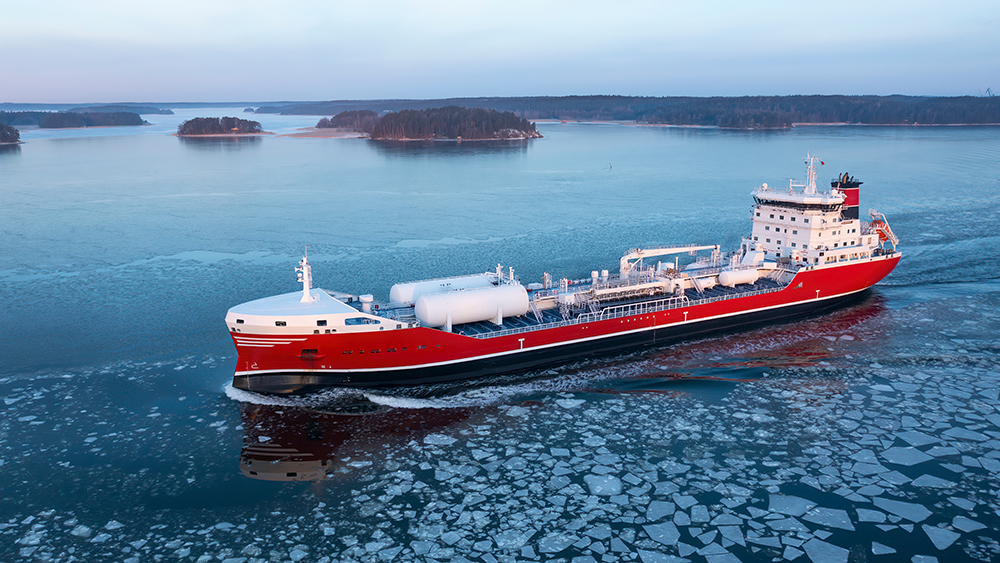Working group to prepare national implementation of Carbon Border Adjustment Mechanism

The EU’s Carbon Border Adjustment Mechanism aims to prevent carbon leakage, where greenhouse gas emissions are transferred to countries outside the Union through production, and at the same time to encourage non-EU manufacturers to reduce their emissions. The Ministry of Economic Affairs and Employment has appointed a working group to prepare the implementation of the mechanism in Finland.
The Member States and the European Parliament reached an agreement on the EU Carbon Border Adjustment Mechanism (CBAM) in December 2022. The mechanism will begin to operate from October. At first, it only applies to reporting obligations with the aim to collect data.
Key organisations represented in the working group
A seamless national implementation of the CBAM requires close cooperation between different administrative branches and other key operators in society. For this purpose, the Ministry of Economic Affairs and Employment has appointed a working group with a term from 23 January 2023 to 31 December 2024. The group will deal with the organisation of the necessary administration and the needs to amend legislation, as well as any detailed regulations on the matter from the EU.
The working group will be chaired by Senior Specialist Katja Tuokko and vice-chaired by Chief Specialist Juho Korteniemi from the Ministry of Economic Affairs and Employment.
The other members of the group represent the Ministry of the Environment, Ministry of Finance, Ministry for Foreign Affairs, Finnish Customs, Energy Authority, Technology Industries of Finland, Chemical Industry Federation of Finland, Finnish Energy, Finnish Forest Industries Federation, Finnish Freight Forwarding and Logistics Association, Confederation of Finnish Industries, Finland Chamber of Commerce and Federation of Finnish Enterprises.
The executive functions related to CBAM are divided between EU and national level. It has been proposed that the executive authority in Finland would be Finnish Customs, with responsibility for permit processing and various monitoring, supervision and advisory tasks related to the mechanism. Finnish Customs will soon publish a new webpage containing information and instructions on their website.
CBAM aims to reduce emissions and prevent carbon leakage
The mechanism aims to prevent a scenario where the EU’s greenhouse gas emissions reduction efforts are reversed through increased emissions outside the EU as production is moved to non-EU countries or imports of carbon-intensive products manufactured outside the Union increase.
The CBAM is a new EU level tool to combat carbon leakage. For quite a while already, a fee has been imposed on certain products manufactured in the EU for the emissions caused in the production and based on the Union’s emissions reduction targets. From 2026, a similar fee will be imposed on equivalent non-EU products as part of the CBAM. In practice, this means that the imported products are charged a fee that corresponds to the price of an EU emissions allowance, which in turn reflects the emissions of the product.
The goal is that prices of imported EU products reflect their actual carbon emissions better and at the same time encourage manufacturers outside the EU to reduce their emissions.
The mechanism will apply to the iron and steel industry, aluminium, fertilisers, cement, imported electricity and hydrogen, and certain raw materials. Direct emissions resulting from the manufacturing of the product are counted as product emissions. Indirect emissions will also be considered for a limited group of products.
Inquiries:
Katja Tuokko, Senior Specialist, Ministry of Economic Affairs and Employment, tel. +358 295 04 7660
Linkki tullin tiedotteeseen 24.1.2023: Tullille merkittävä rooli hiilivuodon torjunnassa
